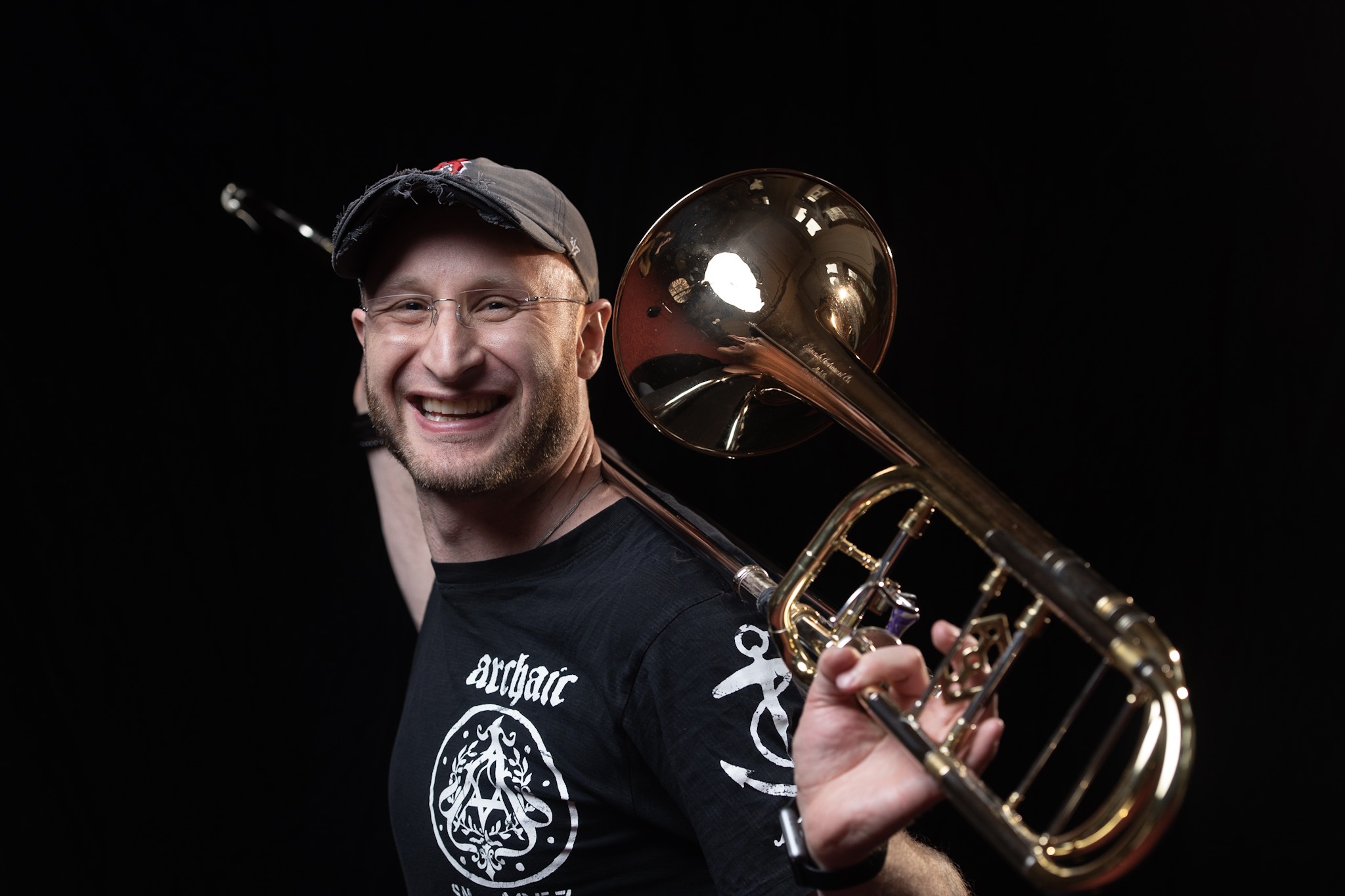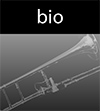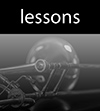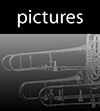Success begets more success.
Keep success intact as you practice your upper register. Missing the notes or barely getting the notes because of fatigue or force will only come back to haunt you as nervous tightness later on. In the words of Sam Pilafian, “Tension Kills Sound!” You body remembers failure, which will make you feel tight even when you are fresh. Meanwhile, we both know that the defining characteristic of upper register should be ease. Always quit upper register practice while you are ahead. This might mean that you will practice only 5 minutes of upper register songs at a time, or half a Bordogni in tenor clef to start - THATS OK. Better to do that 2-3 times a day than 1 long stretch where you’re on teeth for the majority of the session. PRACTICE MAKES PERMANENT so bad articulation, and forced muscular tone will only come back as the aggregate of your playing in a performance.
2. Keep the feeling of fullness - Breath support is key.
Take your breaths out of tempo to start with as much time as you need to get completely full between each phrase. You can shorten the interval of the breath over time and eventually end up with consistent rhythm, but you must rest your upper register on this feeling of fullness rather than the muscles in your face.3. Play equipment that gets the notes.
People try to use only one trombone and one mouthpiece to do everything, but sound, music, and overall accuracy should guide your decisions here. Changing equipment to serve the rep shouldn’t be such a big deal - the more you do it, the less it’s an issue at all. If you need to switch to a 6.5 or even a 12c for your upper register practice, that’s okay - something so small is likely not a permanent solution anyway. Eventually you might gravitate to larger equipment but you will carry your past successes with you as consistency will lead to confidence that will create easy execution under pressure.










